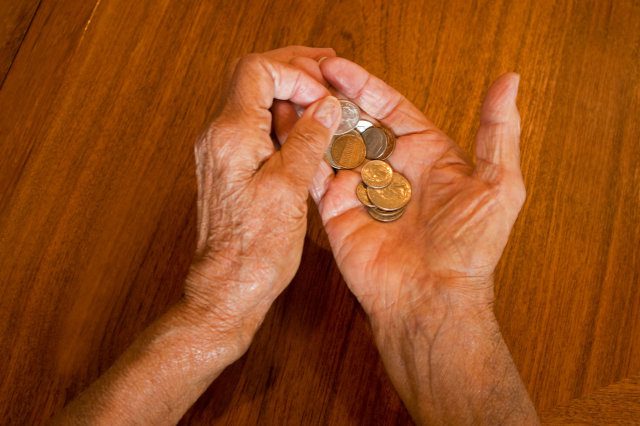Lucy Harmer, Director of Services at Independent Age, the older people’s charity, gives her expert tips on the best ways to protect yourself against a scam. The charity has just launched a new, free advice guide, called Scamwise: Spotting, avoiding and reporting scams, which can be ordered for free via independentage.org/scamwise or by calling 0800 319 6789
DO
1. Be suspicious – Treat unexpected communications with suspicion, even if they’re not asking for money. Always ask for identification before letting anyone into your home, and call the company they say they’re from to check who they are. Don’t ring a phone number on an ID card – look up the company in the phone book instead. A legitimate tradesperson won’t mind you doing this.
2. Take your time – Don’t let scammers pressure you into buying anything or making decisions on the spot. Ask for time to consider and check the accuracy of what you’ve been told.
3. Seek expert advice – If someone you don’t know offers you an investment opportunity that sounds too good to be true, it probably is. Always speak to an independent financial adviser before making any investment. You can also check with the Financial Conduct Authority to see if a company is registered.
4. Be cautious when buying online or over the phone – Use a credit card rather than a direct bank transfer to pay for things like goods and holidays, as you’ll be more protected as a consumer if anything goes wrong.
5. Create strong passwords – Strong passwords for your online accounts will make it more difficult for hackers and scammers to access them. Stringing together three random words can create a strong and memorable password. You can also use a mix of numbers, lower and upper case letters, and punctuation. Make sure you have different passwords for all online accounts.
DON’T
1. Give out personal or financial details – Whether over the phone, via email, or in person, don’t give any personal information out until you’ve confirmed that the person getting in touch is genuine. If you’re not sure, don’t risk it.
2. Transfer money to someone you don’t know – Don’t transfer money from your account to a new or unfamiliar account, even if the person calling or emailing says it’s to protect your money or the account is in your name. Never send money to someone you’ve only met online, no matter how much you feel you can trust them.
3. Call back unknown numbers – If you get a missed call from a number starting 070 or 076, don’t call back as you may be charged a very high rate for making the call. They might look like mobile numbers but are actually premium rate numbers.
4. Give out your PIN – The bank and police will never ask for your PIN. The same goes for your card or cheque book, so don’t hand these over to anyone who calls or comes to your door to ask for them.
5. Feel ashamed if you do get scammed – Remember, anyone can be the victim of a scam, no matter what their age, background or income. If you have been scammed, it can be very distressing, but don’t feel embarrassed: you’re the victim of a crime and it’s important that you report it and get any support you might need.
Help keep news FREE for our readers
Supporting your local community newspaper/online news outlet is crucial now more than ever. If you believe in independent journalism, then consider making a valuable contribution by making a one-time or monthly donation. We operate in rural areas where providing unbiased news can be challenging. Read More About Supporting The West Wales Chronicle






















